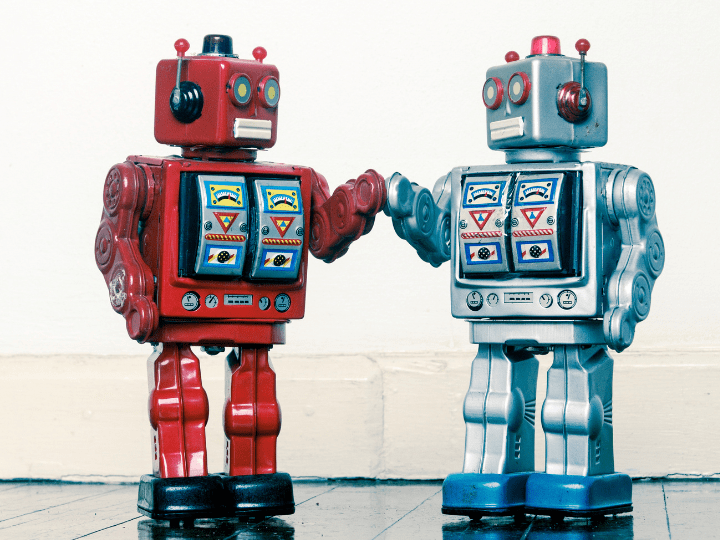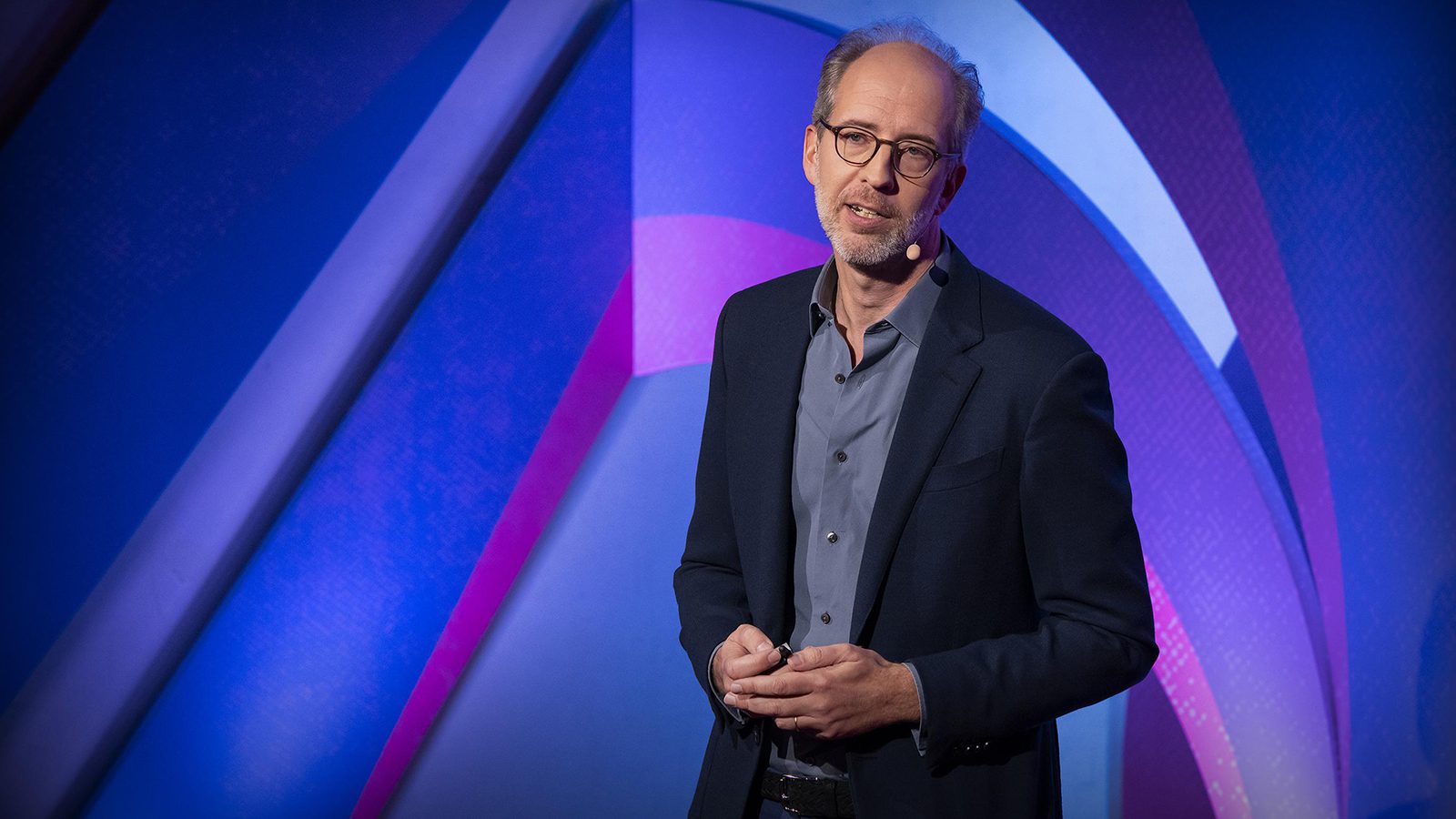How to Live with Economic Doomsaying
BCG's Global Chief Economist explains how to live with the media’s pervasive economic doomsaying.
Philipp Carlsson-SzlezakHow to Think Clearly in Turbulent Times: Lessons from Charlie Munger
Munger’s success was built on a system for decision-making—not a classical investment philosophy, but rather a mental discipline underpinning one. We outline four ideas strategists can learn from Munger to think more clearly in turbulent times.
Martin Reeves, Ramsay Collins, Adam JobThe Benefits of Data Sharing Now Outweigh the Risks
Sharing data with competitors might sound scary to executives, but only collaboration can solve some of industry’s biggest problems.
François Candelon, Guillaume Sajust de Bergues, David Zuluaga Martínez, Harsha Chandra Shekar, Marcos AguiarFor CEOs, the Future Is a State of Mind
Pessimism may rule the day. But business leaders who look to the future with optimism can guide their companies toward long-term success.
Hans-Paul Bürkner, Reiko Akiike, Sharon Marcil, Mai-Britt Poulsen, Vaishali RastogiRecent Insights
View AllWhy We Die with Venki Ramakrishnan
"There is no theoretical reason why we can't live beyond our current natural limit of 120, although this would require major breakthroughs in aging research."
Martin ReevesFive Truths (and One Lie) About Corporate Transformation
In an era of technological advancements, geopolitical tensions, and economic turmoil, standing still is akin to moving backward. As the durability of competitive advantage has dwindled, the average tenure of companies on the S&P 500 index has more than halved since the late 1970s.
Martin Reeves, Christian Gruß, Kristy Ellmer, Adam Job, Gabe Bouslov, Paul CatchloveGlobal Workers, Local Impact: The Power of Talent Funds
Public talent investment funds come with a clear business case for action: attracting and retaining global top talent generates a substantial return on investment.
Johann D. Harnoss, Tanya Mondal, Sek-Loong Tan, Tejus Kothari, Janina Kugel, Debbie Lovich, Justin Manly, Claudia Newman-Martin, Rami RafihHarnessing Imagination to Drive Innovation
The decay of rules-based trade means that companies can no longer find growth as easily by expanding to new locations, or expanding demand through low-cost single point sourcing. In this context, companies seeking growth must develop innovative offerings to expand demand. These offerings are, essentially, products of imagination — conceiving of and realizing new possibilities — a challenge that companies struggle with.
Martin Reeves, Adam JobBoosting Our Human Superpower—Social Learning—with AI
New technologies such as AI will only enhance learning competitiveness if embedded in well-designed, holistically conceived learning systems.
Charikleia Kaffe, Martin Reeves, Adam JobWork, Workers, and Working
Transformational forces have called into question our traditional ways of thinking about work and are forcing a reckoning among firm leaders and policymakers.


Reskilling in the Age of AI
Five new paradigms for leaders—and employees.
Does Your Hybrid Strategy Need to Change?
To find the most workable post-COVID return-to-office strategy, companies should focus on four factors: the needs of the work, the needs of the people, how work gets done, and the new managerial muscle required to manage a hybrid workforce.
Making Flexible Working Models Work
Of the 1,500 office-based employees we surveyed, 85% reported that their organization adopted a hybrid model—but companies need to delve deeper to make flexibility work. Insights from our "What the Flex?!" surveys of office-based employees.
Generative AI
Look beyond today’s hype—to a future (perhaps quite near) in which Generative AI systems play a critical role in business and society.


How People Can Create—and Destroy—Value with Generative AI
A first-of-its-kind scientific experiment finds that people mistrust generative AI in areas where it can contribute massive value and trust it too much where the technology isn’t competent.
Measured Enthusiasm
Is generative AI as “strategic” as it is claimed to be?
The Coming Wave with Mustafa Suleyman
"If we are to be able to harness the upsides [of these technologies], we have to take a cold hard look at their potential downsides. Too often, people fall into one or other camp—naive techno optimists […] or modern-day Luddites. That does not cut it anymore."
Business Ecosystems
What are business ecosystems, and how can organizations think about their own ecosystem design, governance, and strategy?


Winning the Ecosystem Game
Orchestrating companies collaboratively lead other companies in digital ecosystems but what does it take to lead orchestrating or participating companies? From our research on the factors which drive the strategic and operational success and failure of ecosystems, we propose the traits, mindsets, and behaviors required of ecosystem leaders.
Do You Need a Business Ecosystem?
The hype suggests that you do, but business ecosystems are not always the right model for organizing the creation of a product or service. Learn what they are, what sets them apart, and their benefits and drawbacks.
Setting the Rules of the Road
Good governance is essential to the success of both ecosystem orchestrators and their partners. It is essential to put the right rules in place to orchestrate a platform that creates value for all participants - and helps manage risk.
New Pathways to a Sustainable Future
In several recent publications, we’ve challenged ourselves to think differently about sustainability—to identify pathways that may contribute new vitality to the fight.


Emissions from Legacy Assets Demand Urgent Action
“Locked-in” emissions from existing assets threaten to exceed the 1.5°C global warming target. Using autos as a case study, we outline steps to tackle the problem.
Short-Term Solutions for Bending the Ammonia Emissions Curve
Renewable ammonia has long-term potential, but the industry can’t wait. Ammonia producers and customers can take steps to become more sustainable, starting today.
Preparing for an Uncertain Future with Climate Scenarios
Stress-test your strategy and stretch your imagination.





